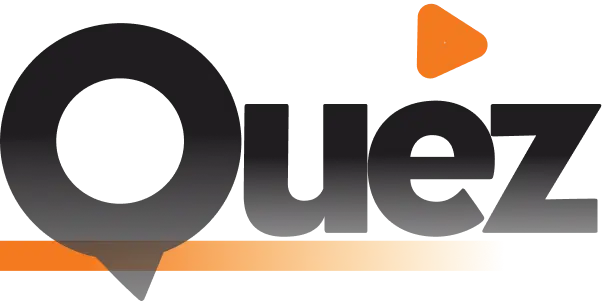Before you can practice SEO, your site needs to be indexed in Google.
Google relies on a constantly-updated “index” to populate search engine results pages (SERPs). This index functions like an archive of all the pages on the web, categorized based on their content and quality.
Search engines remain the top mode of discovery online, so if you want your website to be found and visited by your target demographics, getting your website indexed is the first step. So how can you make sure your site is indexed by Google?
Google Web Crawlers
The good news is you shouldn’t have to do anything. Google has a network of automated robots, known as crawlers or spiders, which constantly scour the web for new content. When they discover a new page, they automatically add it to the index. If you’ve just launched a new site, it may take a few days to a few weeks for the index to update.
If you’re hoping for a faster turnaround, you could try uploading an XML sitemap of your website in Google Search Console. However, this isn’t necessary.
Is Your Site Indexed?
You can check to see whether your site is indexed in Google Search Console, where you’ll also learn if there are any crawl errors. You could also run a quick Google search for your domain to see if it populates. If not, or if any pages appear to be missing, there could be several things standing in your way:
- Time. It takes a few days to a few weeks for your site to be indexed in Google, so try not to be impatient. You may just need some more time.
- Robots.txt. If your robots.txt file prohibits bots from crawling your site, it can’t possibly be indexed. This is easy to adjust.
- Noindex tags. A noindex tag in your site’s meta tags could also prevent your site from being indexed. These are easily removed.
- Canonical tags. Bad or misleading canonical tags could also interfere with your site’s ability to be fully indexed.
If you need help getting your site indexed or starting an SEO strategy, contact Quez Media today for a free consultation!


